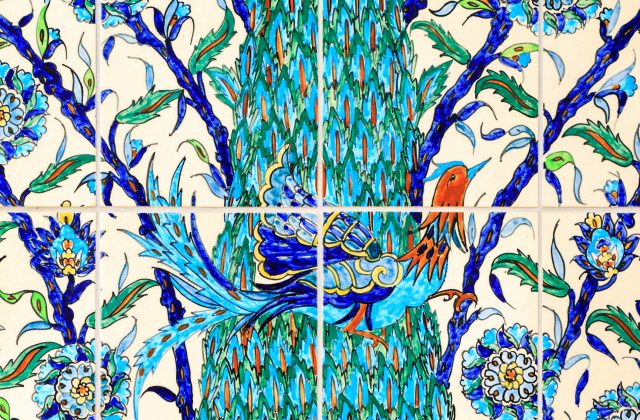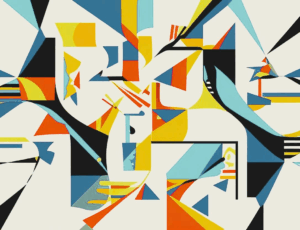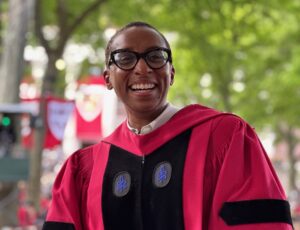Eternal gratitude. Is that what is expected from a refugee? How long can you stay grateful, and how do you show your gratitude? And if you do not show your gratitude, will you be sent back to… well, to where?
In The Ungrateful Refugee (translated by Susan Ridder into De ondankbare vluchteling for Volt Publishers), Dina Nayeri – herself a refugee from Iran – uses her first work of nonfiction to acquaint readers with the pain and horrors refugees face – not only before, but also after they settle in a safe place. She shares the story of her own life as a refugee and the experiences of refugees from other countries. And she robustly challenges the perceived obligation on the displaced person to revoke or disavow their former identity; to assimilate, to be a “good investment” for whichever country that has admitted them.
Nayeri shows how refugees become enmeshed in a community, how they live, what they suffer, and how a single moment of displacement can shape everything that comes after. Her story is about the struggle for acceptance in a society where discrimination is rampant. After all, despite moments of joy and a sense of community, the story does not necessarily have a happy end the moment asylum is granted. “The Ungrateful Refugee is a unique, deeply thought-out refugee saga perfect for our moment”, according to Kirkus Reviews. The book was recently nominated for the Kirkus Prize 2019.
Join us for a provocative evening with Dina Nayeri about human dignity in times of mass migration.
Presentation on Cinema of Migration by Nilgun Bayraktar
Current fellow Nilgun Bayraktar will give a short presentation on the cinema of migration before Nayeri’s talk.
“Counter-Memories and Alternative Futures in the Cinema of Migration”
In the last several decades, the Mediterranean has been transformed into a fatal space for those attempting to cross the sea without documents. The dominant Eurocentric perspective reductively views these migrant and refugee crossings as violations of European borders, portraying refugees as “criminals” or voiceless “victims.” Such narrow viewpoints feed into categories of “emergency” or “crisis,” which demand immediate intervention and authoritarian solutions, such as the militarization of borders or mass deportation. In this talk, Nilgun Bayraktar will explore recent cinematic and artistic works that activate multidirectional memories and alternative futures to counter and disrupt the “crisis” labeling and the sense of urgency and tragedy it evokes.
Nilgun Bayraktar is an assistant professor of film and visual culture at California College of the Arts. Currently, she is a research fellow at NIAS in Amsterdam. Her work, focusing on migrant and diasporic cinema and contemporary art, has been published in various academic journals and edited collections. Her recent book, Mobility and Migration in Film and Moving Image Art: Cinema Beyond Europe (2016), examines cinematic and artistic representations of migration and mobility in Europe since the 1990s. She recently curated the CCA exhibition, No Place Else: Dystopian Sci-Fi Imagination, which explored concepts including the dystopian city, the post-human, AI, ecological crises and retro-futurism.
About the John Adams Institute
The John Adams Institute provides an independent podium for American culture in the Netherlands. For three decades now, they have brought the best and the brightest of American thinking from the fields of literature, politics, history, technology and the arts. Love it or hate it, the United States plays an important role in the world: what happens in the US is of continuing relevance for the rest of the world, and the John Adams Institute provides a window onto that.
For this event special thanks goes to VluchtelingenWerk Nederland.




